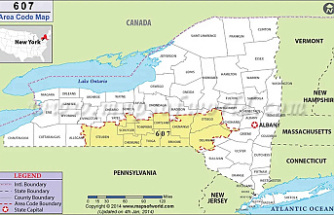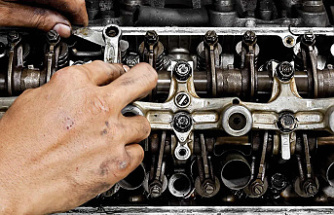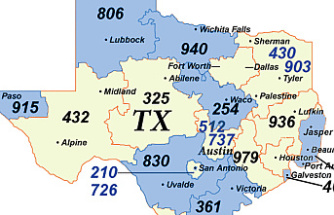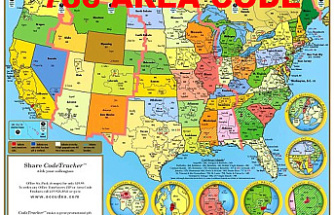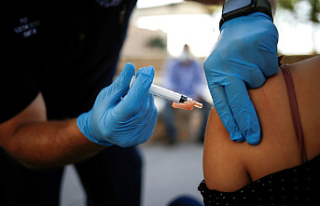One survivor stated that she never imagined this could happen in one million years.
Pavel Averbukh (86), has lived in New York's Brighton Beach area for three decades. But when he sees the news about Ukraine, it takes him back to his childhood in Odessa Ukraine.
According to a translator, he said that his heart was bleeding from the pain he's experiencing while watching this. "The constant, pervasive fear of being killed or exterminated at any time is something that I am reliving constantly while watching the news."
Averbukh is a Holocaust survivor. Averbukh said that he can still remember the 1941 day when he was able to board the last Odessa boat. His grandmother, who refused the evacuation of Ukraine, was killed in World War II.
Averbukh, who attends activities for older adults at Kings Bay Y, Sheepshead Bay in Brooklyn, said he is concerned about the safety of many of his Ukrainian cousins, who are nearly 5,000 miles away.
This is not an isolated experience. The United States has the largest concentration of Russian-speaking immigrants living in Brighton Beach. This area is known as "Little Odessa", after the Ukrainian port. Sometimes, Russian and Ukrainian are spoken more than English on these streets. According to the American Jewish Committee, there are 300,000. Russian-speaking Jews living in New York.
The flags of Ukraine are displayed in stores along Brighton Beach Avenue, as well as QR codes that can be used to support charities working for the country. A sign outside the Brighton Bazaar grocery shop reads "Stop Putin." Next to it is a sign that in Russian means "No war." The Taste of Russia supermarket took down the awning in solidarity with the Russian invasion.
The war in Ukraine is always present for the Kings Bay Y's older adults, many of whom are Holocaust survivors such as Averbukh.
Averbukh's feelings of anxiety and grief are not unusual. Many Holocaust survivors feel retraumatized after the Russian invasion.
Vladimir Brovarnik, a Ukrainian citizen, was born in Kyiv in 1937. He escaped the Holocaust by fleeing to Yerevan in Armenia, the capital. His relatives were not as fortunate as he and were forced to flee to Babi Yar. This is where 33,771 Jews were massacred in a matter of two days.
A Russian missile strike appeared to have targeted a TV tower in Ukraine's capital. It struck in the vicinity of the Babi Yor Holocaust memorial.
Brovarnik said, "As a person whose relatives are laid to rest at Babi Yar," and that he was in excruciating pain while watching the news. Brovarnik spoke Russian along with other Holocaust survivors who were interviewed by NBC News. "I didn't think this could happen in a million year."
Masha Pearl is the executive director at The Blue Card, a national charity that provides financial assistance to " poor-stricken Holocaust survivors," and says that many Russian-speaking Holocaust survivors as well as Ukrainian Holocaust survivors are suffering from trauma and this triggers PTSD from wartime.
Anatoly Sukhorukov (78), said that he could not watch any of it without crying and tearing up immediately.
Sukhorukov was the son of a Moscow-born Jewish family. He was evacuated to River Ural. Because of the events in Ukraine, he said that he has trouble sleeping.
He stated that he is deeply disturbed by Russian President Vladimir Putin’s " Denazification" claims.
Sukhorukov stated that he felt it was a dishonest lie. It's a strategy to Putin. Putin seems to be playing on the emotions of Russians who really hate Nazis.
Chief operating officer at the Kings Bay Y is Daniel Zeltser. He works closely with the Russian- and Ukrainian Jewish communities. For Holocaust survivors and their descendants, he said that "these notions 'denazifying Ukraine' and then seeing Babi Yor bombed render the words 'never again’ almost meaningless."
All generations of people with Ukrainian or Russian Jewish heritage feel the angst. They also advocate for events such as the Holocaust "never again".
Mikhail Zaretser (17), is a first generation Ukrainian American Jew. He grew up in Brighton Beach. He stated that he learned from the past and believes it is his responsibility as the next generation of Ukrainian American Jews to speak out: "We say never again', and then it's like, Is the world really moving in the right direction?
Zaretser spent many summers in Ukraine. His friends were split from their families and drafted into the army. Sabina Kirtich is his mother. She immigrated from Ukraine to Brighton Beach in 1997.
Her outlook is representative of the Ukrainian resistance that has been shown so far: "We survived pandemics; we will survive war." We are survivors."
CORRECTION (March 9, 20,22, 11:13 am. ET: An earlier version of this article misidentified Daniel Zeltser's name. He is the chief operating officers of Kings Bay Y and not the CEO.


